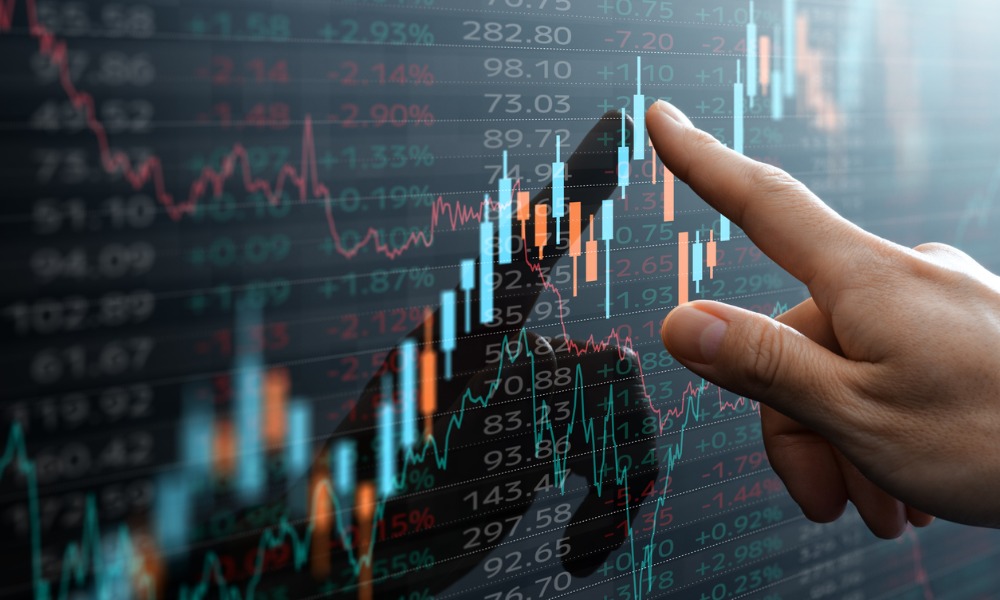What are Derivatives and Its Types?
Derivatives are financial instruments that derive their value from an underlying asset, index, or benchmark. These contracts play a crucial role in today’s financial markets, allowing traders, investors, and businesses to hedge risk, speculate on price movements, and access various assets more efficiently. In this blog, we will explore what are derivatives in detail, the different types of derivatives, their applications, and the key role they play in modern finance.
What Is the Meaning of Derivative?
Before diving into the specifics, it’s important to understand what is the meaning of derivative. A derivative is essentially a contract between two or more parties whose value is based on an agreed-upon underlying asset. The asset could be anything from a stock, bond, commodity, or even a currency. The price of the derivative fluctuates based on changes in the value of the underlying asset.
Examples of underlying assets include stocks, bonds, interest rates, commodities like oil or gold, currencies, and market indices like the S&P 500. Derivatives in stock exchange allow investors to trade on the future value of these assets without owning them outright.
For derivative trading, you need to open demat account online through a registered stockbroker.
Types of Derivatives in Finance
There are several types of derivatives in finance, each with its own set of features and uses. The most common types are:
Futures Contracts
A futures contract is a standardized agreement to buy or sell an asset at a predetermined price at a specified time in the future. These contracts are traded on regulated exchanges like the derivatives market, and they are primarily used for hedging or speculation. Traders use futures to bet on the future price movements of assets such as commodities, stocks, and currencies. For example, an oil company might use futures contracts to lock in a price for its product and protect itself from falling oil prices.
Options Contracts
Options give the buyer the right, but not the obligation, to buy or sell an asset at a set price before or on a specified date. There are two types of options: call options and put options. A call option gives the holder the right to buy, while a put option allows the holder to sell. Options trading is another popular form of Derivative trading, often used by investors to hedge positions or speculate on market movements.
Swaps
Swaps are derivative contracts through which two parties exchange financial instruments, typically cash flows. The most common types of swaps are interest rate swaps and currency swaps. In an interest rate swap, for example, one party might agree to pay a fixed interest rate while receiving a floating rate from the other party. Swap derivatives are often used to manage interest rate risks or currency exchange risks in global business.
Forwards Contracts
Forwards are similar to futures but are traded over-the-counter (OTC) and are customized to fit the needs of the parties involved. Since forwards are not standardized or traded on exchanges, they carry more risk than futures, as there’s no intermediary to guarantee the contract. Forwards are often used by businesses to hedge against specific risks like currency fluctuations.
What Are Underlying Assets in Derivatives?
The value of any derivative comes from an underlying asset. But what are underlying assets in derivatives? These can include various types of assets:
Equity Derivatives: These are based on stocks or stock indices. Stock options and equity futures are common examples.
Currency Derivatives: These involve currency exchange rates, and they are widely used by companies that operate in multiple countries to hedge against currency fluctuations.
Commodity Derivatives: These are based on physical commodities like oil, gold, or agricultural products.
Interest Rate Derivatives: These are tied to interest rates, and they help institutions hedge against the risk of rate changes.
Index Derivatives: These are based on stock indices such as the S&P 500 or Nifty 50.
In the derivatives market, traders can speculate on the future value of these underlying assets without needing to own them.
People Use Derivatives More for Hedging or Speculation?
Derivatives trading is commonly associated with two main activities: hedging and speculation. Hedging is when an investor or business uses derivatives to protect themselves from potential losses due to adverse price movements. For example, a company that relies on importing raw materials might use derivatives to lock in current prices and hedge against future price increases.
On the other hand, speculation involves betting on the future price of an asset with the hope of making a profit. Speculators don’t have an interest in the underlying asset itself but rather aim to profit from changes in its value. So, do people use derivatives more for hedging or speculation? Both activities are prominent, but speculators often account for a large portion of derivative market activity because of the potential for high profits.
Derivatives Gains vs. Speculative Gain
When it comes to making money with derivatives, it’s important to differentiate between derivatives gains vs. speculative gain. Gains from hedging strategies are typically seen as more stable and predictable because they involve reducing risk rather than increasing it. Speculative gains, however, are the result of taking on more risk in the hopes of earning higher rewards. Speculative gains can be more volatile, but they also offer the opportunity for significant profits.
Advantages of Derivatives
Derivatives offer several benefits to investors and businesses:
Risk Management: One of the biggest advantages of derivatives is their ability to hedge risk. Whether it’s interest rate risk, currency risk, or commodity price risk, derivatives allow participants to protect themselves against adverse price movements.
Leverage: Derivatives allow traders to gain exposure to large positions with a relatively small amount of capital. This leverage can magnify both gains and losses.
Market Efficiency: Derivatives contribute to market efficiency by allowing price discovery and liquidity. They provide information about future prices, which helps investors make better decisions.
Access to Hard-to-Reach Markets: Through derivatives, investors can gain exposure to markets or assets that might otherwise be difficult or expensive to access directly.
The Role of Derivatives in Stock Markets
Derivatives in stock exchanges play a vital role by offering liquidity and allowing for more complex strategies, such as hedging and arbitrage. Share market derivatives like options and futures are widely traded by institutional and retail investors alike. With the rise of technology, access to the Derivatives app has made it even easier for investors to engage in derivative trading from their smartphones.
Conclusion
Understanding what are derivatives and the different types of derivatives in finance is essential for anyone involved in trading or investment. These financial instruments offer powerful tools for risk management, speculation, and accessing different markets. While they come with their own set of risks, the derivatives market plays a crucial role in modern financial systems, helping investors and businesses alike navigate uncertain markets and protect against unfavorable price movements. Whether you’re using derivatives to hedge or speculate, understanding their mechanics and applications is key to making informed decisions.
HDFC Sky, with its range of attractive features and easy-to-use interface, can help you in your derivatives trading journey. Click to know more.




